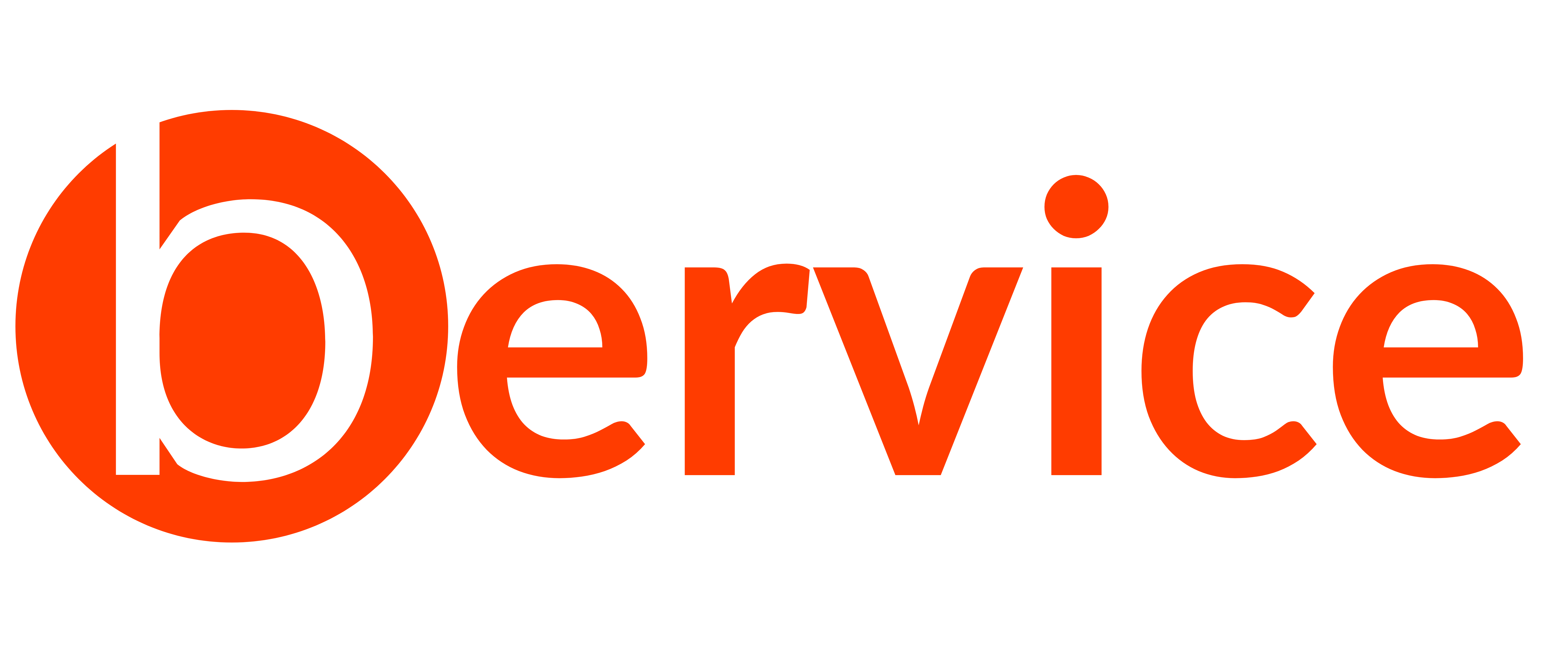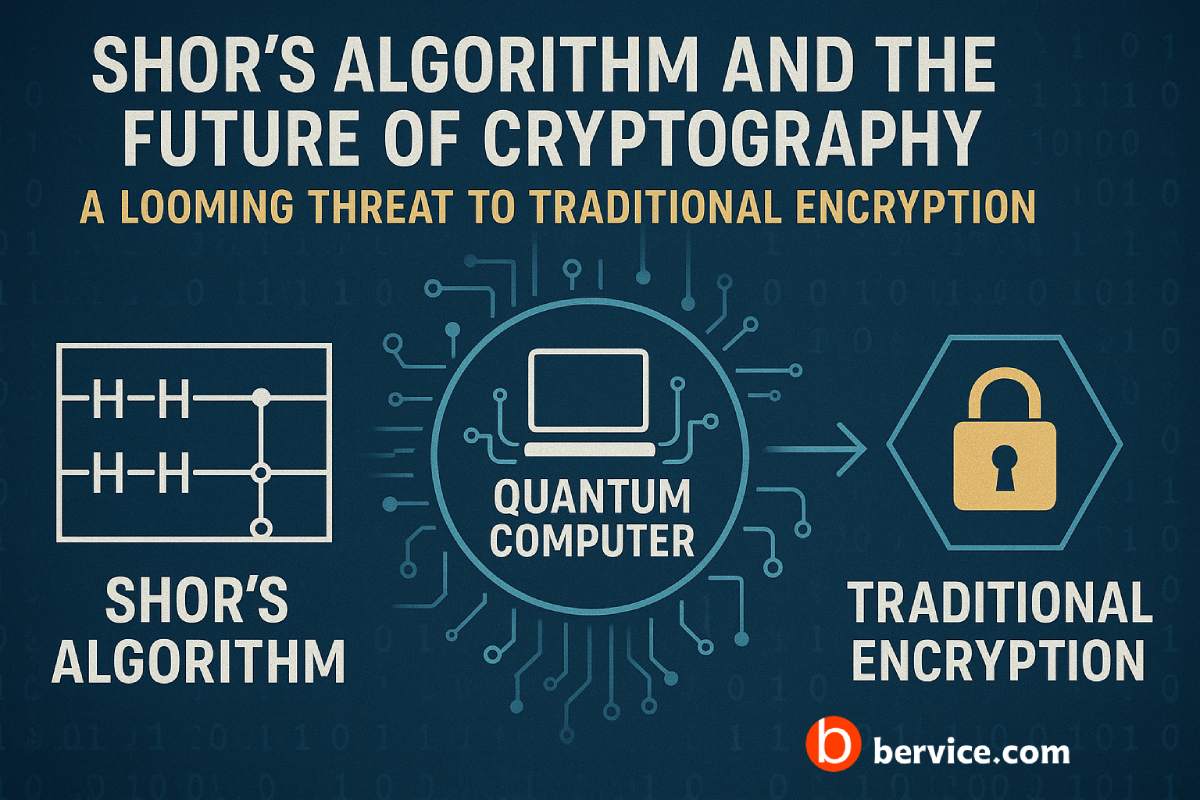
In the digital age, data security has become one of the most critical concerns for individuals and organizations alike. The increasing frequency of data breaches, hacking attempts, and privacy violations has prompted the need for more robust, secure methods of data storage. Traditional centralized systems often present vulnerabilities due to their single points of failure, making them attractive targets for cybercriminals. However, emerging technologies like blockchain and decentralized storage systems offer promising solutions for safeguarding our data.
Blockchain Technology: A Foundation for Security
Blockchain is a distributed ledger technology that ensures data integrity through decentralization. It works by storing data across a network of nodes, with each node maintaining an identical copy of the blockchain. When a piece of data is added, it is validated through consensus mechanisms like Proof of Work (PoW) or Proof of Stake (PoS) before being encrypted and recorded into a block. Once a block is added, it is cryptographically linked to the previous block, creating a chain of blocks, hence the name “blockchain.”
How Blockchain Enhances Data Security:
- Immutability: Once data is recorded on a blockchain, it cannot be altered or deleted without altering all subsequent blocks, which is computationally infeasible. This ensures that the data remains unchanged and tamper-proof, providing a high level of trust and security.
- Decentralization: Unlike centralized systems, where data is stored on a single server or location, blockchain operates on a decentralized network. Each node stores a copy of the entire blockchain, making it less vulnerable to attacks or system failures. This eliminates the risk of a single point of failure, which is a common weakness in centralized systems.
- Transparency and Traceability: Blockchain’s transparency ensures that any data change is publicly visible, providing a clear audit trail. This can be useful for tracking and verifying data, preventing fraud, and ensuring compliance with regulations.
- Encryption: Blockchain uses advanced cryptographic techniques to secure data. Even though the data is stored across multiple nodes, it remains encrypted and accessible only to authorized users, ensuring privacy.
Decentralized Storage Systems: A New Approach to Data Storage
Decentralized storage systems like IPFS (InterPlanetary File System) and Filecoin are another layer in the evolution of secure data storage. Instead of relying on central servers to store data, these systems break up files into small pieces and distribute them across a network of nodes. These nodes are owned by independent individuals or organizations, rather than a centralized entity.
How Decentralized Storage Enhances Data Security:
- Redundancy and Data Availability: In decentralized storage systems, data is split and stored across multiple nodes. Even if one or several nodes go offline, the data remains accessible from other nodes. This redundancy ensures high availability and protection against data loss.
- Censorship Resistance: Centralized storage providers can be compelled to remove or block access to certain data. However, in decentralized systems, since no central authority controls the network, it is much harder to censor or manipulate the data, providing greater freedom and security.
- End-to-End Encryption: Many decentralized storage systems offer built-in encryption, meaning that only the data owner can decrypt the files. This ensures that even if the data is intercepted or accessed by unauthorized parties, it remains unreadable without the decryption key.
- Incentivization and Trust: Decentralized storage networks like Filecoin use blockchain-based tokens to incentivize users to contribute their storage space to the network. These incentives ensure that enough nodes are available to store and retrieve data, making the system more reliable and secure.
Integrating Blockchain and Decentralized Storage for Enhanced Security
The integration of blockchain and decentralized storage systems provides a comprehensive solution for secure data management. Blockchain can act as the backbone of decentralized storage by ensuring the integrity, authentication, and traceability of the stored data. It can track ownership, verify the authenticity of files, and maintain a tamper-proof ledger of all transactions related to data storage and retrieval.
For example, when a file is uploaded to a decentralized storage network like IPFS, a hash of the file can be stored on a blockchain, ensuring its authenticity and preventing tampering. This integration enhances both the privacy and security of the data stored, making it more resilient to attacks.
Conclusion
In summary, blockchain and decentralized storage systems are revolutionizing the way we think about data security. By leveraging the strengths of decentralization, encryption, and immutability, these technologies provide robust solutions to protect our data from cyber threats and unauthorized access. As these technologies continue to evolve, we can expect them to play a key role in securing sensitive information in an increasingly digital world.
Connect with us : https://linktr.ee/bervice





